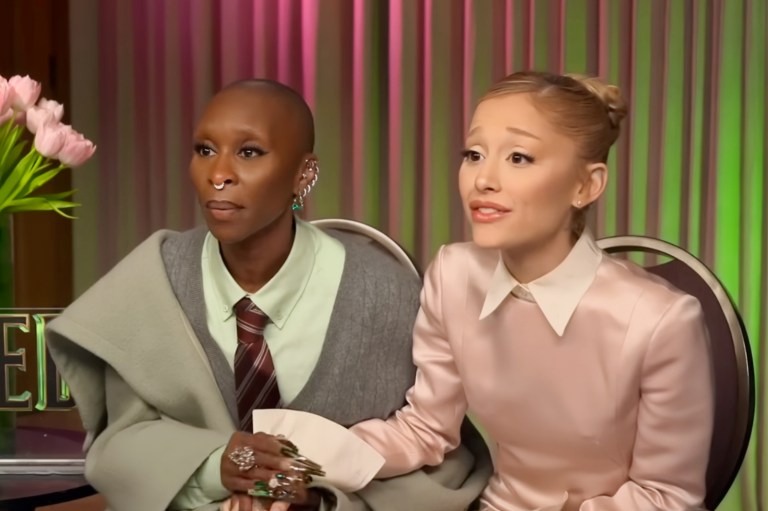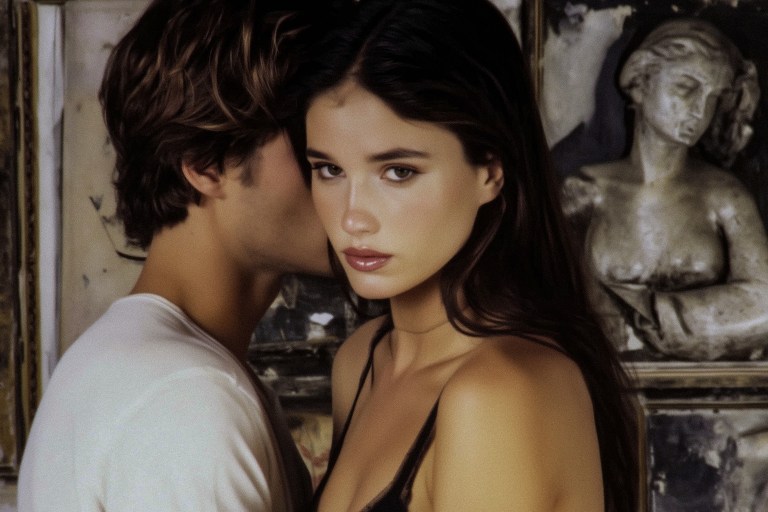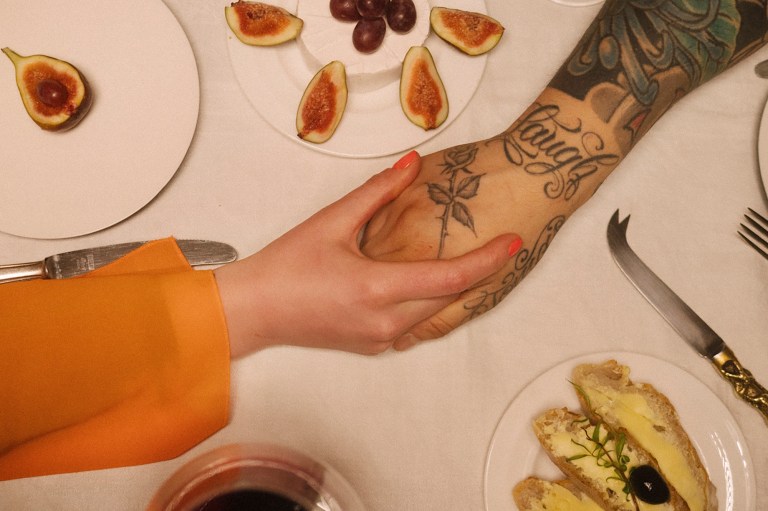
Can We Choose Who We Love?
The kind of love that centuries of books and plays and stories have regaled us with are the ones in which all expectations are defied in place of love anyway.
Western culture is obsessed with choice. Rather, Western culture is obsessed with possibility. The two coexist in the sense that we both want to make the choice that will maximize the outcome of every possible situation, and we don’t want to leave that to chance. Yet the thing that (arguably) we feel matters most, we do leave to chance: love.
We were taught that it would be an effortless endeavor. That it is passive in nature; not something we choose but something we stumble upon one day, and to a flawless, “happily ever after” end. We forget that globally, we’re unique in seeing love as the reason for marriage, and it wasn’t until pretty recently that this came about anyway.
So let’s look at it from another perspective. Studies have shown that the love in marriages chosen for love fades after about two years, but love in arranged marriages grows gradually and eventually actually surpasses it at about the five year mark. Arranged marriages, are, evidently, happier ones. They are the ones in which choice is relinquished, but I think Western culture fears that because again, we put so much value on our ability to choose. And we put even more value on the idea that love will “save” us.
We choose to think of love as something you don’t choose. We overlook the fact that marriage is, in some unromanticized sense, a legal contract to cohabitate, possibly procreate and care for one another until the end of our lives. Instead, we see it as a binding to bliss. No wonder it falls short.
It would almost seem as though the availability of “choice” ends up limiting us. We become less and less happy as we take on more and more choice. We become paralyzed with the prospect of holding out for perfection, if perfection could be one of our choices. We’re optimistic that way. But damagingly, we also believe that perfection is just another break up and miraculous meeting away. We like to call this “not settling.” But is it really?
Anecdotal evidence, from our lives, and from the lives of those far more experienced than we, shows us that love is something you do have to choose. The flame we have come to associate with love — be it passion or lust or just plain old affection — requires rekindling through the years. You have to commit. We can choose to love someone through difficult times. We can choose to be with them despite the fact that they don’t fulfill the checklist of what we, at one point, deemed perfect. We choose to love people. But can we choose who we love? Evidently yes.
So what does that say about how we choose who we love?
Marriages and long term relationships, in our ideal fairy tale world, begin with “passion,” which we believe to be that “love at first sight” thing — or, in other, more realistic terms, a rush of hormones, adrenaline, attraction. Physical things that are surface level that we somehow think should relay into eternal commitment.
The high is absolute bliss, and if it is paired with the person matching our expectations, we believe we’ve found “The One.” They fit our type, (they have the job we want our spouse to have, they are interested in the things we want them to be interested in, etc.) There are so many problematic things with this mindset, I don’t know where to start. Because people change, and they get new jobs and take on new interests. Our idea of the perfect person will evolve. The person who was once perfect will evolve too. And when what we are in love with is the expectation, it’s no wonder our divorce rates look as they do.
When we stop feeling blissful or when “The One” has morphed without consulting our own ideals — or when hormones eventually simmer themselves down — we want to “rekindle the flame.” But this is difficult when we’re no longer with the same person we were a while back. They changed, our expectations have not been met, we’re done with them. We only understand love in the sense that it’s a thing minimal effort is required for, that it is an emotion that comes over us suddenly, that we have no part in it. We do not leave room for question, for uncertainty, to falter. And especially within an intimate relationship, faltering is an inevitability.
I’m not suggesting we start arranging marriages. I’m not suggesting that we should stay in unhappy relationships. I’m saying we should evaluate why they’re unhappy, and do so from the stance that most people don’t take when it comes to love. That the realest love is the one that is at a far deeper level than what’s physical. It will not fade, it will grow as you choose it. It will grow with you. It will grow as you grow. The kind of love that centuries of books and plays and stories have regaled us with are the ones in which all expectations are defied in place of love anyway. ![]()











